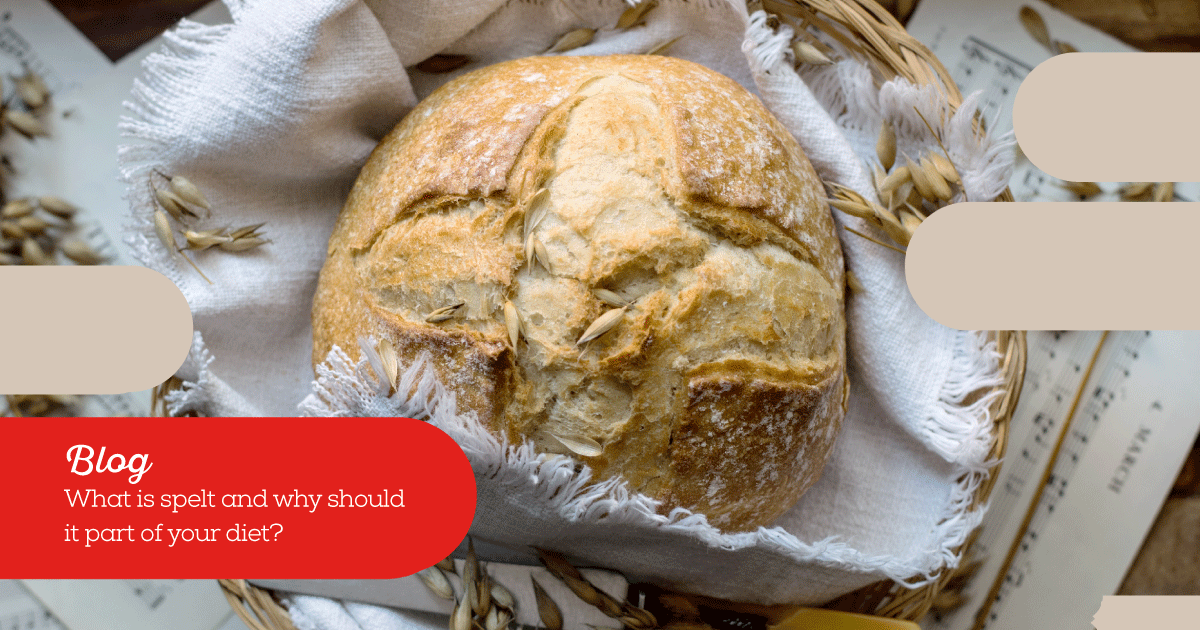
You may never have heard of spelt before or you may be unfamiliar with it, but the truth is that it is not a new ingredient or a hybrid of other cereals. Spelt has been with us for many centuries and this time it is determined to stay in the kitchen.
At first sight it is very similar to wheat, but its official name is Triticum aestivum var.spelt, and it is considered to be the parent of all modern wheat varieties. Over the last decade, the popularity of spelt has skyrocketed thanks to recognition of its many nutritional qualities and its use in cooking.
Properties of Spelt
Spelt is the wheat that is best tolerated by the body. It has about 338 calories per hundred grams, with a higher protein content (14.5%) than common wheat (11.5%).
Its carbohydrates (60% in the raw grain and 20% in the cooked grain) are mostly complex and come with plenty of fibre (10% raw and 4% cooked). That’s why it has a low glycaemic index, which means that the body absorbs it slowly and gradually to provide energy over an extended period.
It is also low in fat, mostly monounsaturated, and it also contains vitamins such as B and E; it has minerals such as magnesium, manganese, phosphorus, iron, copper, zinc, selenium and potassium and phytochemical compounds that make it a highly recommended cereal.
Spelt flour has a slightly sweet taste with a nutty hint. It is more water-soluble and easier to digest than wheat flour. It is important to remember that although it is much lower in gluten than other bread wheat, it does contain gluten, so it should not be eaten by coeliacs.
Benefits of spelt
Spelt’s main benefits have always been seen in weakened states such as insomnia, states of stress and to relieve migraines. Regular consumption as part of a healthy diet has a number of positive effects:
- Benefits the immune system
- Helps to clean the blood.
- Prevents childhood asthma and neurodermatitis.
- It offers good protection against cardiovascular problems and cholesterol.
- Improves the function of the small intestine.
- It may help in some cases of Type 2 Diabetes and in certain types of obesity.
- Helps in the regulation of blood clotting.







